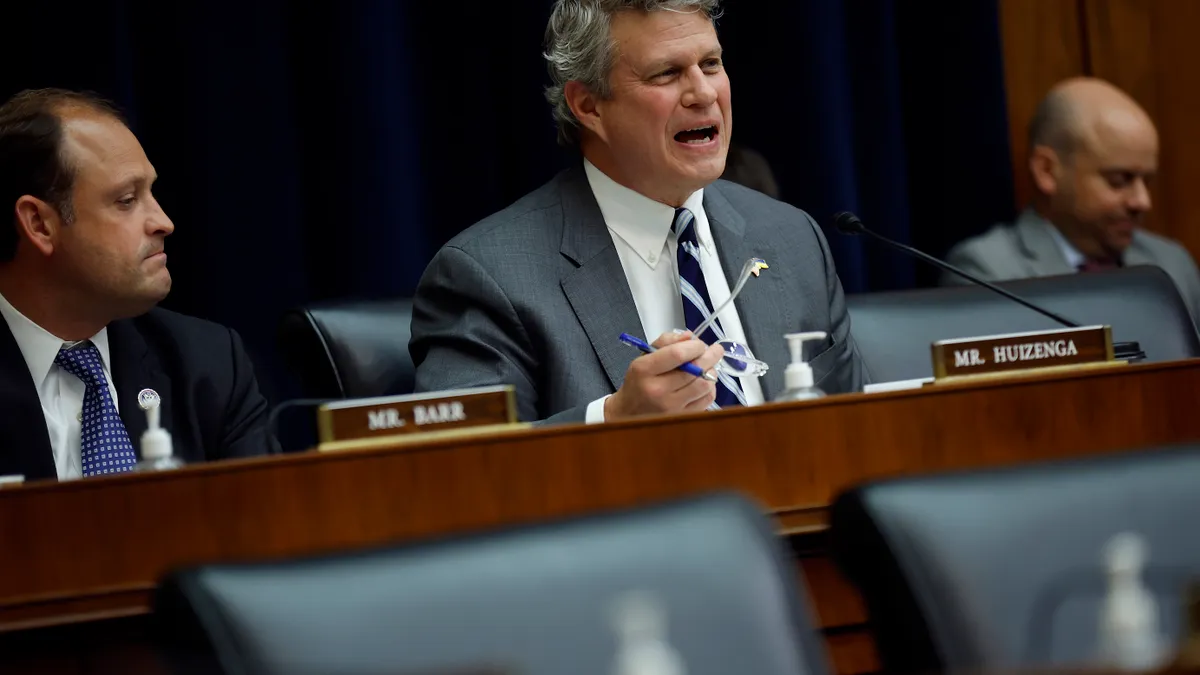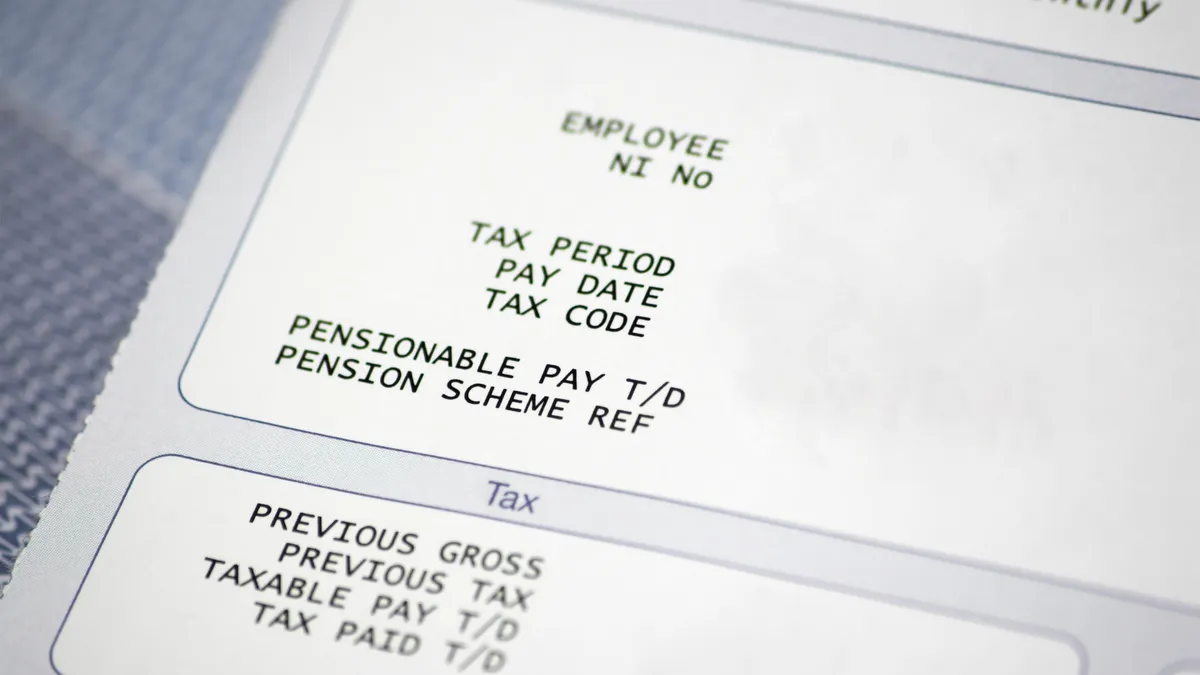The failures of Silicon Valley Bank and Signature Bank this month threaten to further exacerbate a weakening small business lending environment, Rohit Arora, CEO of Biz2Credit said.
Arora, who co-founded the small business lending fintech in 2007, said recent bank failures have shaken consumer confidence in regional lenders, and a growing distrust in smaller firms is causing some consumers to move funds to larger banks. The result, he says, is fewer lending opportunities for small businesses who have historically relied on small- to mid-sized banks for credit.
Big banks approved 14.2% of small business loan requests in February, compared to 21.3% at small banks, Arora said, citing his company’s Small Business Lending Index, which analyzed loan requests from companies in business more than two years with credit scores above 680.
Small business loan approval rates at the nation’s largest lenders have been on the decline for the past nine months, he said.
“The government needs to understand that the current banking crisis could directly lead to a small businesses crisis if they are not able to quickly access the capital they need to sustain and expand their operations,” Arora said.
While federal regulators stepped in to backstop deposits at SVB and Signature Bank, more government intervention is needed to prevent aftershocks from impacting small businesses, Arora said.
Arora called for legislation that would enable the Federal Deposit Indusrance Corp. to insure commercial deposits up to $10 million. The move, which would cover 90% of businesses in the country, would get bipartisan support, Arora claims.
“The banks will be able to charge a higher fee for this extended insurance, which has been

far too low for well over a decade. Banks will pass along the costs to their commercial customers, and thus taxpayers will not have to foot the bill for this action,” he said.
The government could also empower the Small Business Administration to increase its budget for small business lending and raise the limit on the amounts that small businesses can borrow through the agency’s flagship 7(a) loan program, in addition to offering lower interest rates, Arora said.
The agency should also follow through on a proposal to extend its 7(a) loan program to fintechs, Arora said.
“Something needs to happen now to prevent the further collapse of midsized and regional banks,” Arora said. “People are not very confident about the health of regional banks right now. I think that feeling will, in my view, accentuate the crisis.”
Arora spoke with Banking Dive about where the opportunities for fintechs lie in the wake of SVB’s collapse and challenging small business lending landscape ahead.
This interview has been edited for clarity and brevity.
Banking Dive: SVB’s specialty was serving startups, many of whom were fintechs. Who do you think will step in to fill this gap?
ROHIT ARORA: I think it will be tough for any one or two entities to fill that gap because SVB played such a central role in the tech startup space over the last 40 years. They had this deep relationship with VCs and private equity firms. A lot of money is going into the big four banks, but they're not really attune to a lot of startups. They don't have that bandwidth. Most of the banks don't understand what they do. And that's why SVB was playing such a central role.
Several fintechs, like Mercury and Brex, have tailored their products in the wake of SVB’s failure. Some have reported a boost in deposits. Are neobanks having a moment?
ARORA: My view is that it's all noise. Most of the deposits are going to large banks right now. I don't think a lot of startups and corporations will take money out from SVB and put it in fintechs. A lot of the stuff we’re seeing from fintechs is a PR exercise. Yeah, they got some benefits, but I think the major opportunity is — as these regional banks stop lending — that’s where fintechs can play a bigger role. This may be a good time for fintechs to get high quality clients for lending, but I don’t think people are going to trust fintechs for their deposits.
Lending will be a much bigger opportunity, but the challenge for most of these fintechs is that they will also be dependent on these banks to give them lines of credit. My view is that more nonbank lenders will come into the space now because they are sensing that they’ll get higher yields and more well-organized customers.
How will the recent bank failures impact the financial services sector in the months ahead?
ARORA: My view is that the next three to six months are going to be very challenging for the banking sector and the overall economy. Nobody was expecting a banking crisis. The [Federal Reserve] is in a very hard place because they cannot reduce interest rates, because inflation is high. The only way inflation goes down significantly is that there's a hard landing, that means mass layoffs, and a very significant slowdown in the economy. And that’s not good because it's easy to trigger a recession. And once a recession is triggered, it's very tough to get out.




















